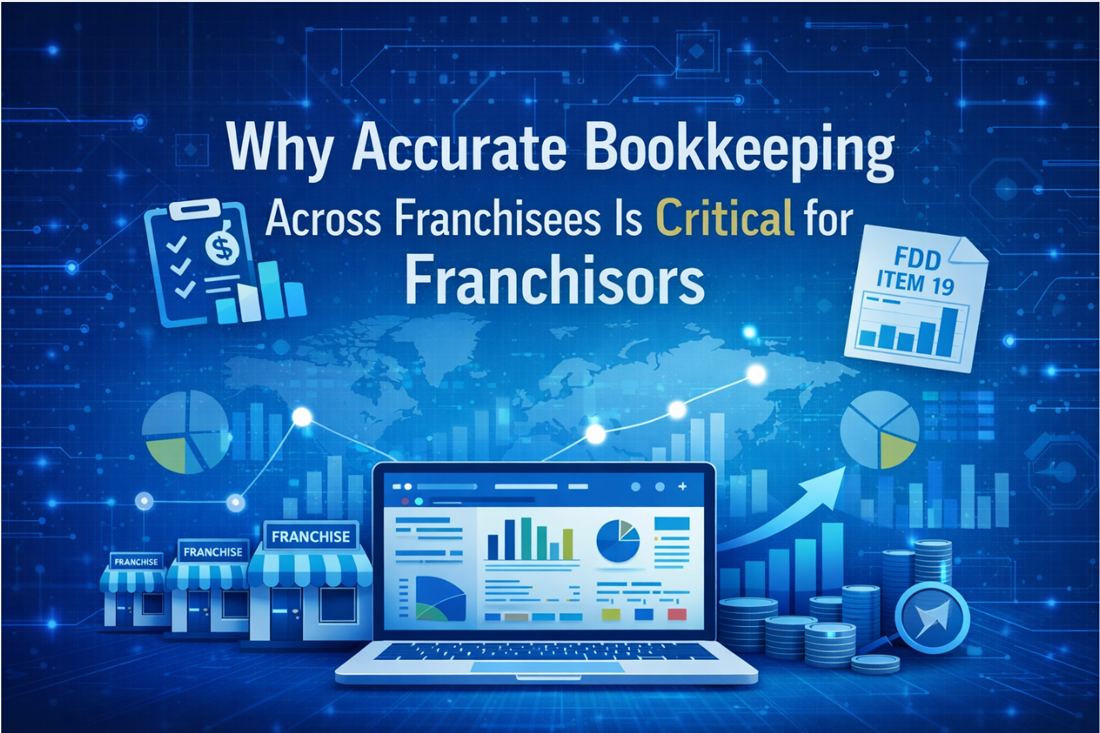Ready to start selling your products online? Or have you already built a web presence and you’re looking to expand? From marketplaces like Etsy to building and hosting your own website on Squarespace or Shopify, small businesses have plenty of platforms to sell their products online. But eventually, most professional sellers find themselves asking: What are the pros and cons of Amazon vs. eBay?
Amazon vs. eBay: Who has the biggest market for selling potential?
By the sheer number of visitors, selling on Amazon is the winner here: 214.8 million people visit Amazon each month, compared to 106.9 million for eBay. However, both of these numbers represent huge potential audiences, so to really make the right choice about selling on Amazon vs. eBay, you’ll want to break it down.
eBay’s audience is more international than Amazon: 57% of its revenue comes from international operations. Amazon doesn’t release these figures, but analysts estimate about 33% of its sales are international. eBay is also known for having “niche” customers searching for specialized products and second-hand goods. The real winner here depends on what you sell and who you sell it to.
Amazon vs. eBay: Which channel is more competitive?
Amazon is much more competitive than eBay. Amazon rewards sellers with the highest-quality items at the lowest price. There are far more sellers on Amazon, and you may be competing with factory-direct prices from China or even with Amazon itself.
On the other hand, eBay follows an auction format that will show shoppers many different options, conditions from new to used and shipping options, allowing sellers more opportunities to reach them. eBay advertising is also less competitive and therefore cheaper.
Amazon vs. eBay: Which channel offers the best shipping and fulfillment?
Winner: Amazon.
When sellers opt for fulfillment by Amazon FBA, they’re able to use the retail giant’s warehouses, shipping, and customer service – for a fee, of course. They’re also eligible for Amazon Prime and the benefits that come along with it. Just remember that you may have to pay sales tax in those states if you use Amazon’s warehouses. Make sure you follow eCommerce bookkeeping tips to keep your records in order.
While domestic sellers are responsible for their own packing and shipping on eBay, the company does offer its Global Shipping Program. This allows sellers to use its “hubs” to ship internationally, with eBay taking care of the customs forms and import fees and providing tracking. This is another reason eBay is so popular with international sellers.
Amazon vs. eBay: Whose fees reign supreme?
Overall, most sellers find that eBay’s fees are lower. But this doesn’t tell the whole story. Both platforms’ fees depend on what’s being sold, the type of account you have, and more. On Amazon, you’ll likely want a Professional Seller account, which will run you $39.99 per month. You’ll also pay a 15% commission on Amazon, plus a closing fee. If you go with Amazon FBA, you’ll pay those fees as well.
On eBay, you’ll pay about $0.35 for each listing you create. With a $28-per-month Basic Store account, you’ll get 250 free listings. Once your item sells, eBay takes only a 10% commission. However, this doesn’t include payment processing, while Amazon does. You’ll also then need to figure out the shipping yourself.
Once again, the answer to the age-old question of selling on Amazon vs. eBay depends on your sales volume and type of product. Here’s one point for eBay, however: One survey found that eBay was ranked number one by sellers in terms of ease of use, customer service, and profitability – while Amazon came in seventh.
The verdict: Amazon
Pros:
- Reach a large audience
- Amazon FBA is a convenient option for most sellers
- Easy to use interface and tools
Cons:
- Highly competitive
- Slightly higher fees
- Less freedom over branding, product descriptions, and policies
Which eCommerce sellers are Amazon right for?
- Sellers with a high volume
- Sellers with high-profit margins
- Sellers of non-specialty items
The verdict: eBay
Pros:
- Easier international sales and expansion
- Control over branding, listings, and return policies
- Lower fees
Cons:
- No domestic shipping program
- Smaller audience
- Less straightforward user interface
Which eCommerce sellers are eBay right for?
- International sellers
- Sellers of used and customized items, collectibles, and niche products
- Sellers who desire more freedom over the selling process
You can even decide to settle the Amazon vs. eBay debate by selling on both platforms. No matter what you choose – and especially if you decide to sell on both – you’ll need expert eCommerce online bookkeeping to keep your books in order and ensure you keep up with sales tax laws. At xendoo, we work with eCommerce sellers on both platforms to manage bookkeeping and accounting, so they can focus on what’s important: selling!











